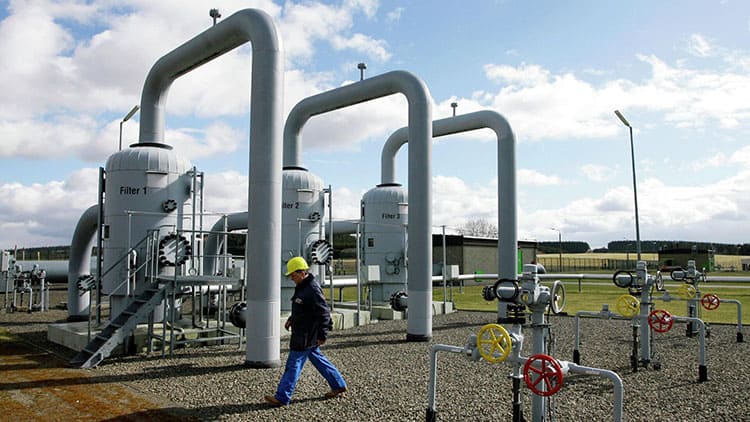
Germany’s gas rationing will most severely affect metal production and processing, the chemical and paper industries, amid concerns over supplies from Russia via the key Nord Stream 1 gas pipeline.
According to the economic institute ZEW, the restriction of gas supplies may also negatively affect less energy-intensive, but economically important sectors due to the lack of processed products.
In addition, the textile and ceramic industries are very dependent on gas.
“If their supplies fail to materialize, even industries with high value added quickly find themselves in distress,” said the head of the foundation, Rainer Kirchdoerfer.
Data released by the Federal Statistical Office highlights Germany’s dependence on natural gas, which was the main source of energy for industry in 2020, when it accounted for 31.2% of consumption.
Learn how to earn on changing markets in Germany with Top Forex brokers
In 2021, 95% of natural gas in Germany was imported.
Germany has been trying to find an alternative to Russian energy imports since the outbreak of hostilities in Ukraine, especially with regard to gas, the supply of which Russia has suspended in recent weeks.
The gas crisis became even more acute on July 11, when Nord Stream 1’s flows came to a halt due to scheduled maintenance work.
Planned work was completed on Thursday and flows through the Russian-German pipeline may return to pre-repair levels of 40% of capacity.
Subscribe for our newsletter
Get Forex brokers reviews, market insights, expert analytics and education material right into your inbox for free!